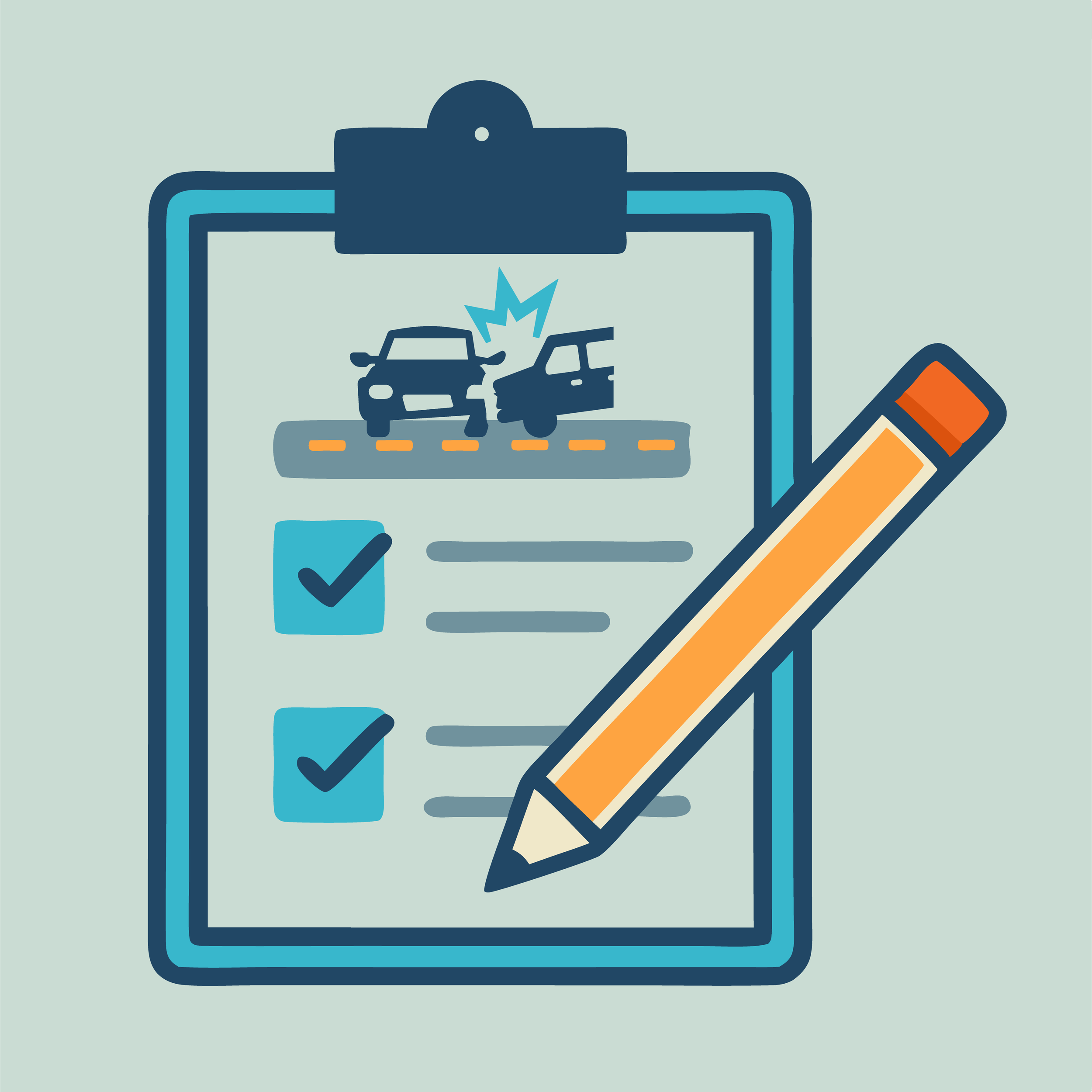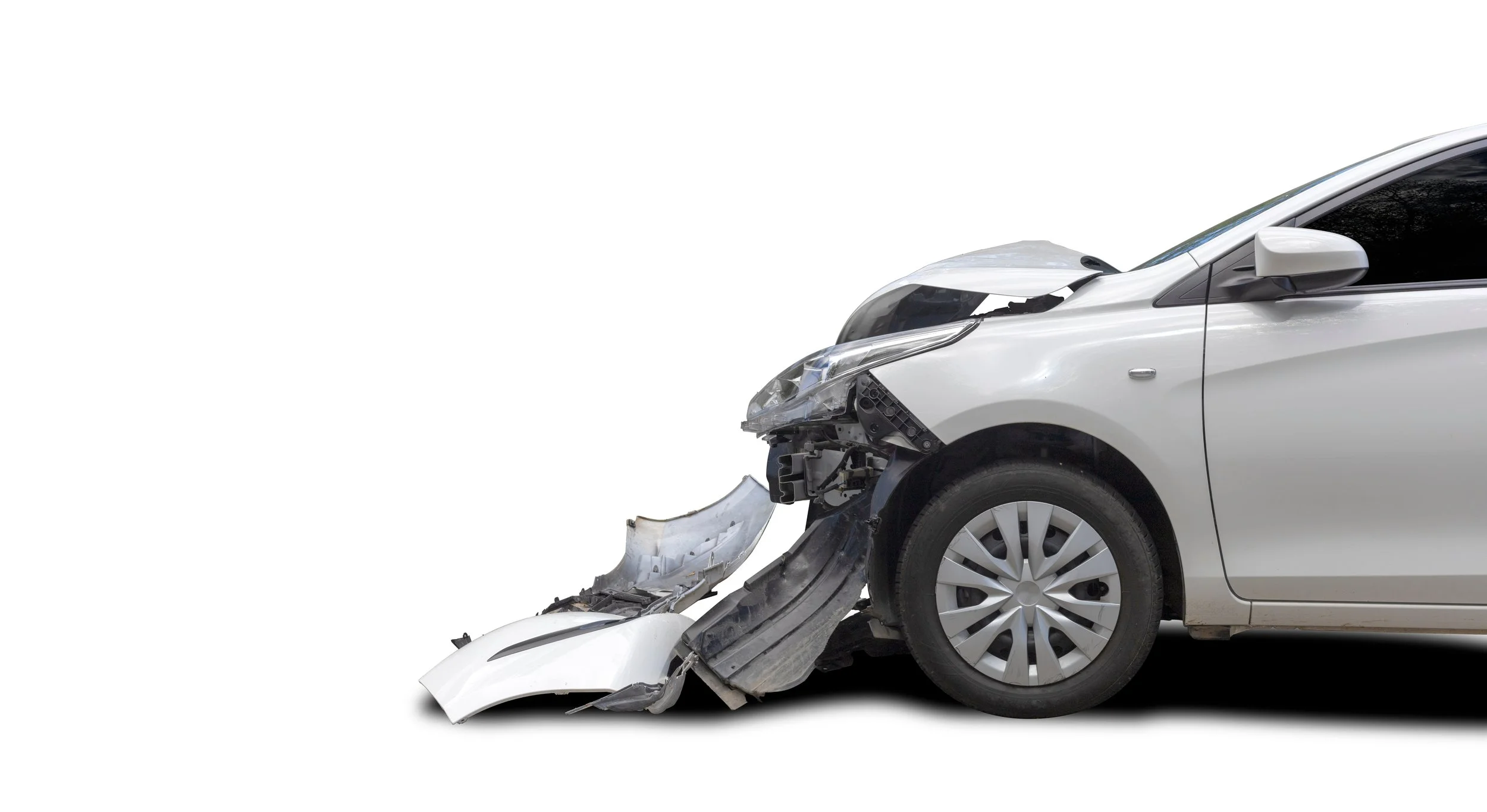Dog Bite Laws in California: Strict Liability and Homeowner's Insurance
Published: October 6, 2025. Estimated Read Time: 7 minutes
This article is part of our ongoing series for October’s Premises Liability Month. Last week, we started by giving a broad overview of what premises liability is, covered what to do in case of a slip in fall in a store, and we talked about some unusual premises liability cases.
A dog bite is a shocking and traumatic event. In the aftermath, victims are left with painful injuries, medical bills, and the stress of not knowing what to do next. For property owners, a dog bite incident can trigger fears about massive lawsuits and financial ruin.
In California, these two concerns intersect in a very specific way. The state has a powerful "strict liability" statute that protects victims, but the financial consequences for dog owners are often handled by homeowner's or renter's insurance.
Understanding how this law works and how insurance coverage applies is crucial for everyone involved. This guide breaks down California's dog bite laws and what they mean for your rights, your recovery, and your financial security.
California's Strict Liability Law: What It Means for Victims
Unlike many states that follow a "one-bite rule," California law is designed to make it easier for injured victims to recover compensation. The cornerstone of this system is California Civil Code § 3342, the strict liability statute for dog bites.
The Core Principle of Strict Liability
"Strict liability" means that a dog owner is financially responsible for injuries caused by their dog biting someone even if:
The dog has never bitten anyone before or shown any signs of aggression.
The owner was incredibly careful and had no reason to believe the dog would bite.
The owner took all possible precautions, like putting the dog in another room.
As a victim, you do not need to prove the owner was negligent. You only need to prove four key elements:
The defendant owned the dog.
The dog bit you.
You were in a public place or lawfully on private property when bitten.
You suffered harm as a result of the bite.
What Does "Lawfully on Private Property" Mean?
This is a critical part of the law. You are considered lawfully on private property if you are there:
As an invited social guest (e.g., at a BBQ, a party, or visiting a friend).
To perform a legal duty (e.g., a mail carrier, UPS driver, meter reader, or police officer).
As an employee providing a service (e.g., a plumber, house cleaner, or landscaper).
The law does not protect trespassers. If someone is illegally on the property, they cannot sue under the strict liability statute (though they may have other claims).
Key Exceptions to Strict Liability
There are a few limited situations where the strict liability rule may not apply :
Provocation: If the victim intentionally provoked, harassed, or tormented the dog, the owner's liability may be reduced or eliminated under California's comparative fault rules.
Trespassing: As mentioned, a person who is illegally on the property cannot use the strict liability law.
Police and Military Dogs: There are exceptions for bites that occur while a certified police or military dog is performing its official duties, such as apprehending a suspect.
Assumption of Risk: Certain professionals, like veterinarians, dog groomers, and kennel workers, are generally assumed to accept the risk of being bitten as part of their job. This is known as the "veterinarian's rule".
The Role of Homeowner's and Renter's Insurance
For most dog bite claims, the financial compensation comes from the dog owner's insurance policy, not directly from the owner's personal assets.
Does Homeowner's Insurance Cover Dog Bites?
Typically, yes. The liability portion of a standard homeowner's insurance policy is designed to cover exactly this type of incident—where the homeowner is found legally responsible for injuries to another person.
This coverage generally includes:
Medical expenses for the victim (hospital bills, surgery, medication, therapy).
Lost wages if the victim cannot work.
Pain and suffering and emotional distress.
Legal defense costs for the homeowner if a lawsuit is filed.
Most policies have liability limits between $100,000 and $300,000. If a settlement or judgment exceeds those limits, the homeowner would be personally responsible for the difference.
The Critical Problem: Breed Restrictions and "Blacklisted" Dogs
Despite the legal requirement for owners to pay, insurance companies can refuse to provide coverage for certain dogs in the first place. Many insurers maintain lists of restricted breeds that they consider too high-risk to insure.
Common breeds that are often excluded from coverage include:
Pit Bulls & Staffordshire Terriers
Rottweilers
German Shepherds
Doberman Pinschers
Huskies and Malamutes
Mastiffs
Chow Chows
Wolf hybrids
If a homeowner owns one of these breeds, their insurer may:
Refuse to renew their policy.
Cancel their policy.
Exclude the dog specifically from coverage, meaning any incident involving that dog would not be paid for.
Charge a significantly higher premium.
Does Renter's Insurance Cover Dog Bites?
Yes, similarly to homeowner's insurance. A renter's insurance policy also includes personal liability coverage, which can apply if the renter's dog bites someone. The same breed restrictions and policy limitations often apply.
📊 California Dog Bite Claims: By The Numbers
Metric
Number of Claims (2024)
Average Cost Per Claim
Total Value of Claims
Year-over-Year Claim Increase
California
2,417
$86,229
$208.4 million
+15% (from 2,104 in 2023)
United States (Total)
22,658
$69,272
$1.57 billion
+18.9%
What to Do If You Are Bitten by a Dog
Your actions immediately after a bite are critical for your health and your legal claim.
Seek Medical Attention: Your health is the priority. Dog bites can cause serious infections and require specialized care to address scarring and nerve damage.
Identify the Owner & Get Information: Obtain the dog owner's name, address, and phone number. Also ask for their insurance information.
Report the Bite: Report the incident to local animal control or the health department. This is required by law and creates an official record.
Document Everything: Take photos of your injuries, the location where it happened, and the dog itself. Get contact information for any witnesses.
Contact a Personal Injury Attorney: Do not give a statement to the dog owner's insurance company before speaking with a lawyer. They will work to ensure you are compensated for all your damages, including future medical costs and emotional trauma.
What to Do If Your Dog Bites Someone
If you are a dog owner, take these steps to protect yourself and others:
Secure Your Dog: Immediately remove your dog from the situation to prevent further injury.
Assist the Victim: Be compassionate. Help them seek medical attention if needed.
Exchange Information: Provide your name and contact information. You are legally required to do so in California.
Report the Incident: You are legally obligated to report the bite to local authorities.
Notify Your Insurance Company: Report the incident to your homeowner's or renter's insurance provider promptly.
Consult an Attorney: If the victim is pursuing a claim, contact an attorney to help you navigate the process with your insurance company.
The Bottom Line
California's strict liability law places a significant responsibility on dog owners, but it provides a clear path to justice and compensation for injured victims. In most cases, that compensation is covered by insurance—but not always.
For victims, this law means you have strong rights. You should not hesitate to seek the full compensation you need to recover.
For dog owners, this law means you must be aware of your potential liability and ensure you have adequate insurance coverage that does not exclude your specific pet.
Whether you are recovering from a serious bite or are a homeowner facing a claim, navigating the intersection of law and insurance is complex. At Caldwell Law Firm, we have extensive experience guiding both victims and property owners through this process. Contact us for a free consultation to understand your rights and options.
Sincerely,
The Team at Caldwell Law Firm
Michael Train Caldwell was born and raised in the San Francisco Bay Area, and resides in Marin County with his two children. The son of renowned San Francisco trial attorney, Edwin Train Caldwell, Michael comes from a family of litigators, and has been representing individuals facing injury and discrimination for over 20 years.
John Holman is an attorney with 23 years of litigation experience in both defense and plaintiff side litigation. John is admitted in the State of California and United States District Court for the Northern District of California. He is a graduate of UCLA in political science and earned is JD at Golden Gate University.
Before you go, check out some free resources we put together for you, and don’t forget to subscribe!
Legal Resources
Caldwell Law Firm’s free guide for drivers in California.
Confusing legal jargon? Nobody has time for that. We’ve grouped terms roughly by topic to help you quickly find the ones that pertain to your claim.
Areas Of Practice
More info about our firm’s areas of practice relevant to California roads:
Recent Auto Accident Articles
Get In Touch
Call us at (415) 453-8339 or fill out our email form:








